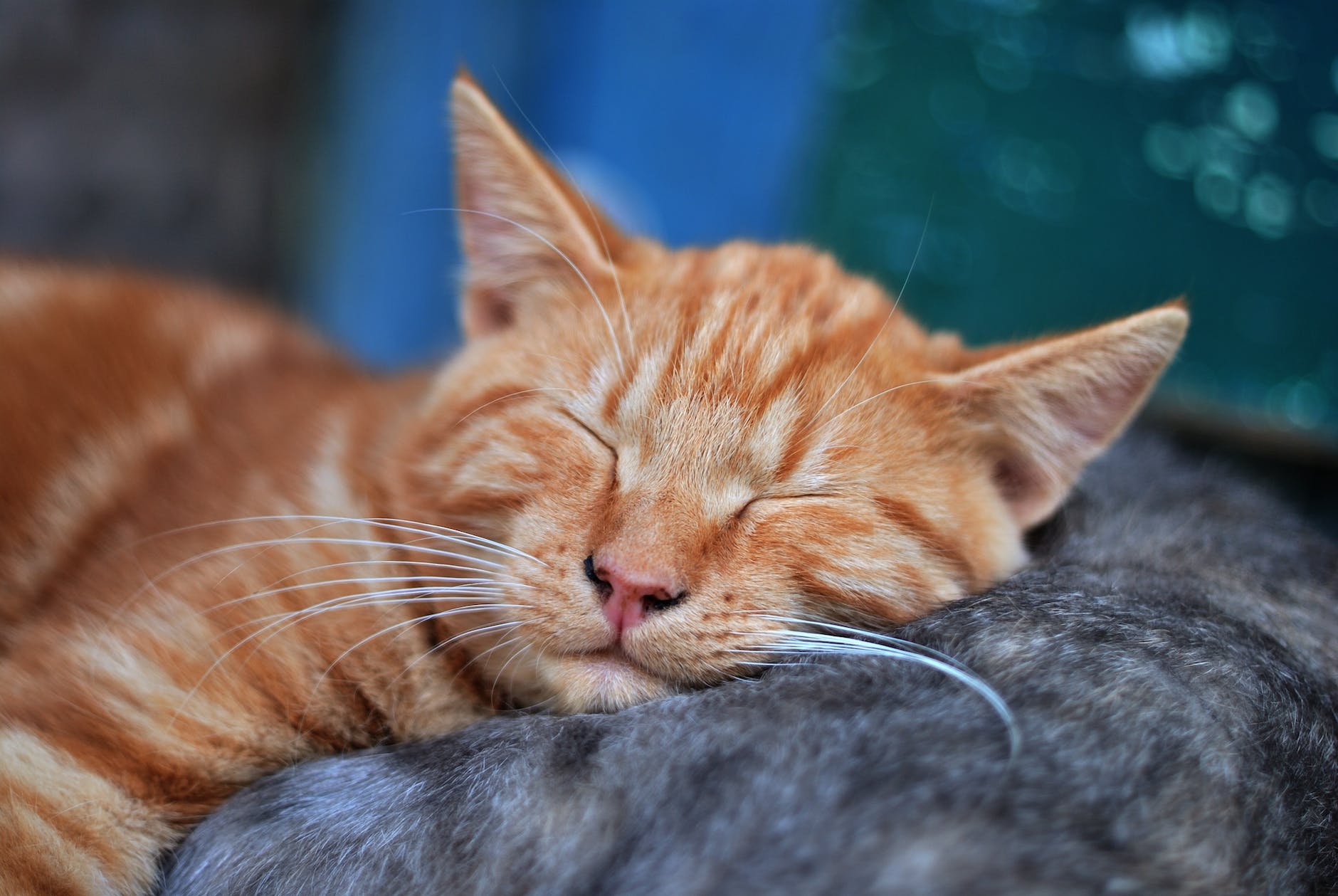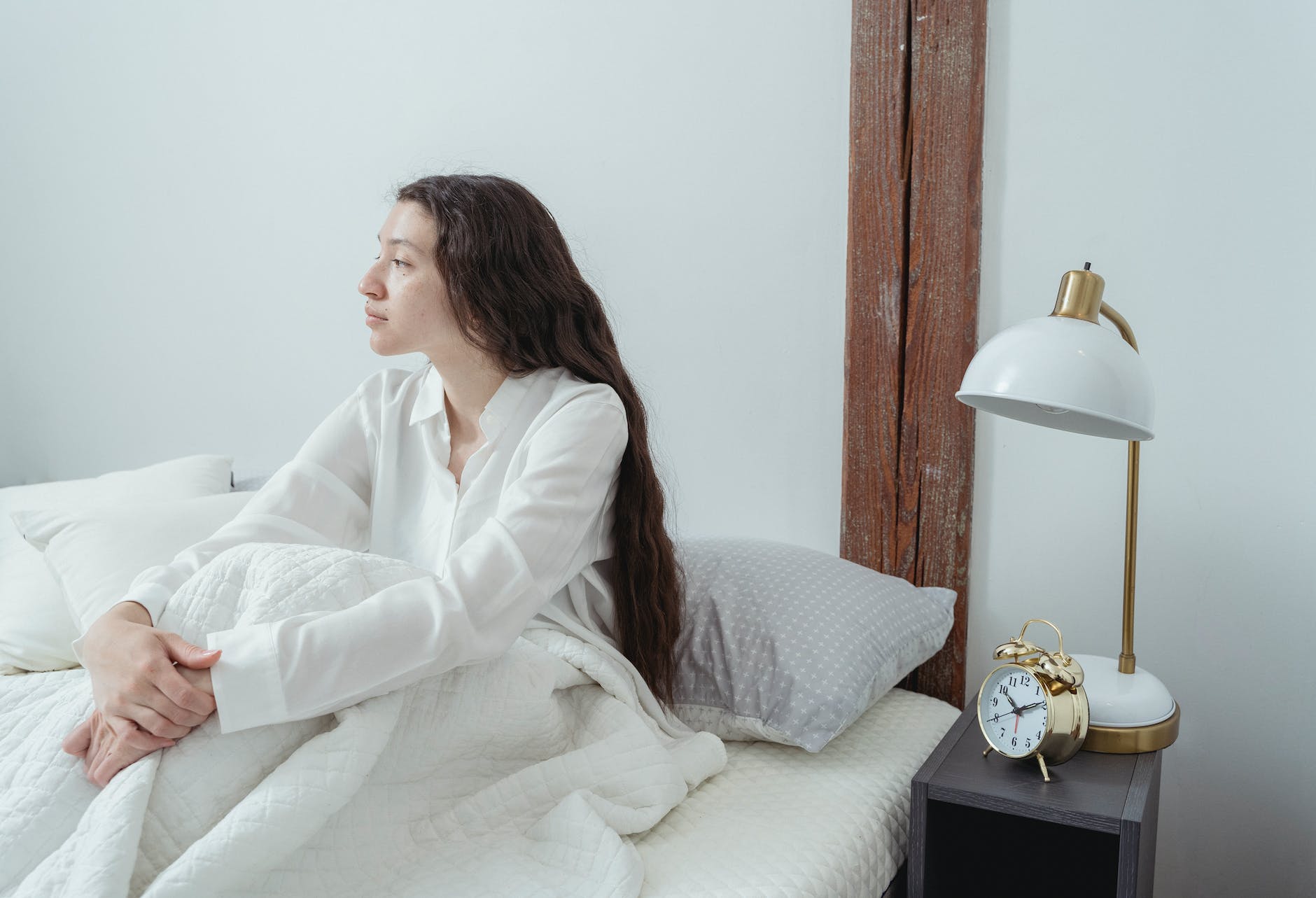Drooling is a common occurrence during sleep, and can be frustrating and embarrassing for us. In this post, we will explore how to stop drooling while sleeping. There are several methods that can help to achieve this goal. We will discuss each of these methods and provide tips on how achieve a drool free sleep. So if you are looking for tips to help with drooling, read on!
What is drooling and why does it happen during sleep?
Drooling is a reflex that occurs when saliva builds up in the mouth and spills over the lips. It generally happens while we are sleeping or during deep thought. Our brain signals our salivary glands to produce more saliva than usual. The reason why this happens more often during sleep is because when we sleep, our muscles become relaxed. So, our mouth opens slightly, allowing for drooling to occur. Drool or saliva is not all bad. Its important in keeping our mouth germ free and aids digestion.
Sometimes, excessive drooling can be caused by medical conditions such as gastroesophageal reflux disease (GERD), obstruction in the airway, or weak facial muscles. That being said, it is also quite common for healthy person to experience drooling during their sleep. It could be due to enlarged tonsils or enlarged adenoids that block the airways. In these cases, it’s possible that you can prevent drooling with a simple adjustment of your sleeping position.
In addition to medical causes, lifestyle choices can also influence how much one drools while sleeping. For example, drinking alcohol before bed can cause you excessively salivate and drooling during sleep. Lastly, individuals who suffer from allergies may also experience drooling due to difficulty breathing while they sleep.
Most healthy people drool occasionally. Especially when they are very tired. This shouldn’t be a cause of worry. Drooling on a regular basic however, should be looked into.
To sum up major causes of excessive drooling are
- Medical conditions like GERD, Obstruction of Airway, enlarged adenoids or tonsils
- Actions that increase drooling like consuming Alcohol before sleep
- Allergies
What are the consequences of drooling during sleep?
Drooling during sleep can have a number of both physical and psychological consequences. Physically, drooling can cause irritation to the skin around the mouth as it is constantly exposed to saliva. This can lead to dryness, burning and cracking of the skin. In addition drooling excessive drooling can cause complications such as infection or skin peeling in extreme cases. In some people, excessive drooling could also cause an alteration in their facial features or even contribute to snoring. An then, drooling while asleep can also be embarrassing and lead to feelings of self-consciousness and social anxiety.

Some people may experience difficulties breathing due to drool obstructing their airways. This could affect how soundly they sleep at night. Excessive drooling during sleep could also be a sign of an underlying medical condition which could lead to other health problems if left untreated . For example, GERD is associated with a higher risk for esophageal cancer if left untreated for too long.
Finally, another consequence of excessive drooling during sleep is disrupted sleep patterns. It makes it harder for us to stay asleep for longer periods of time. You might also wake up during the night due to discomfort or having to adjust our sleeping positions.
Overall, it’s important that we take steps towards preventing drooling while asleep. You can do this by making changes in your lifestyle habits and consulting with a doctor if necessary. Getting a proper rest each night without any further health risks or disruptions caused by excessive drool is important.
6 methods for how to stop drooling while sleeping
Drooling while sleeping can be embarrassing and uncomfortable, but luckily there are several simple methods to help stop it. Whether you suffer from chronic drooling or just need some tips for how to wake up with a dry face, here are 6 of the best methods to stop drooling during sleep:
1. Change Your Sleeping Position
One way to reduce drooling while asleep is to change your sleeping position so that your head is in an elevated position. This will cause saliva to drain away from your mouth rather than pooling at the back of your throat where it can trickle out as you snore or talk in your sleep. If you’re comfortable with it, try sleeping on your back or side with an extra pillow placed under your neck and head. This will help keep your airways clear and reduce the chances of drool dripping out of the corner of your mouth.
2. Use Anti-Slip Pillow Cases and Sheets
Drool often happens when we shift positions unconsciously during our sleeps, and when this happens we may find ourselves slipping off the pillow or mattress and onto our faces. To stop this, try using anti-slip pillow cases and sheets. Some of them are designed specifically for people who struggle with drooling during their sleeps. These sheets and pillows are made from special materials that prevent any movement. So, both sides stay firmly in place throughout the night, keeping you in one spot until morning arrives.
3. Avoid eating or drinking before bedtime
Saliva production increases when food particles remain inside our mouths and throats overnight – so if you want to reduce how much you drool while sleeping, it’s important to avoid eating anything right before bedtime. Eating a light snack before heading off to dreamland is fine, but try not to fill up too much on dinner as this could lead to nighttime salivation issues due to increased digestion needs as we sleep!
Alcohol consumption can cause you to drool during sleep. Avoid drinking a couple of hours before sleep.
4. Drink Plenty of Water
Dehydration is one of the leading causes behind excessive salivation while resting. So, make sure that you drink enough water while you are awake in order to minimize how much saliva is produced at night! Aim for 8 glasses a day (about 2 liters)!

5.Use a chin strap
If you are looking for a more permanent solution to your drooling while sleeping problem, then a chin strap may be the answer for you. Basically, this is a strap that wraps around your head and holds your mouth shut while you sleep, preventing any saliva from escaping. It can be a little uncomfortable at first but most people get used to it after a few nights. If you’re considering using a chin strap to stop drooling, make sure to measure your head accurately so that you order the right size – otherwise it won’t be very effective!
A chin strap should only be used when absolutely necessary, as it can cause discomfort if worn for too long.
6. Visit Your Doctor if Necessary
Although following these tips should help reduce how much saliva passes through your lips overnight, if none of them seem like effective solutions then it may be worth paying a visit to your doctor. Your doctor should be able to further advice share treatment options such as medication or lifestyle changes that have been proven beneficial for controlling drooling patterns!
If you have wondered how to stop drooling while sleeping, these 6 tips should help you fix the problem.
Which method is the best for you ?
The best method for reducing drooling varies from person to person and the severity of their issue. While simple lifestyle changes such as changing sleeping positions, using anti-slip pillow cases and sheets, avoiding eating or drinking before bedtime, and drinking plenty of water during the day may work for some individuals, those who suffer from excessive drooling due to medical conditions such as sleep apnea or GERD may require additional treatment.
In general, following simple lifestyle changes can be very effective when implemented properly and consistently. Keeping a log of how much saliva you produce each night can give an indication how well these methods are working in helping reduce your drool levels.
How to implement the chosen method successfully
In order to successfully implement the chosen method it is important to first identify what is causing the excessive drool. Try the different methods listed above. Make sure you keep a daily sleep log of time spent sleeping, quantity of drool and the lifestyle changes done. This will make it easy to identify what works and what does not or if you need to make further adjustments.
Whether its changing your sleep position, avoiding eating before bedtime or drinking plenty of water see what helped. However, those who suffer from medical conditions such as sleep apnea or GERD may need additional treatment in order to successfully reduce how much they drool while asleep.
It is important to remember that everyone’s body reacts differently so results may vary from person to person. Incorporating these methods into one’s daily routine and keeping track of how effective they are can lead to success in reducing how much one drools while asleep.
Conclusion
Drooling while sleeping can be a nuisance for those who suffer from it, as well as their bed partners. Learning how to stop drooling while sleeping while challenging is not impossible! here are several methods that can be implemented in order to successfully reduce how much saliva is released during sleep. By changing your sleeping position, using anti-slip pillow cases and sheets, avoiding eating or drinking before bedtime, drinking plenty of water during the day and even using a chin strap if all else fails, you may be able to effectively control how much saliva escapes through your lips overnight. Everyone’s body reacts differently so it is important to experiment with different methods until you find what works best for you. Don’t forget to consult your doctor for advice. Keeping track of how effective these methods are can help ensure successful implementation and reduced drooling while asleep.



